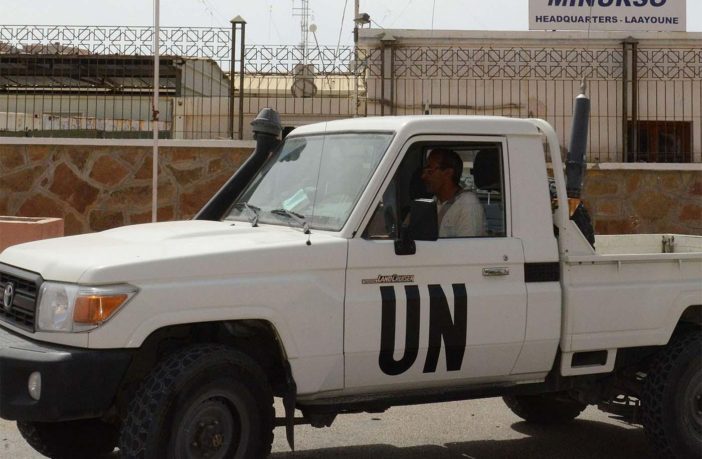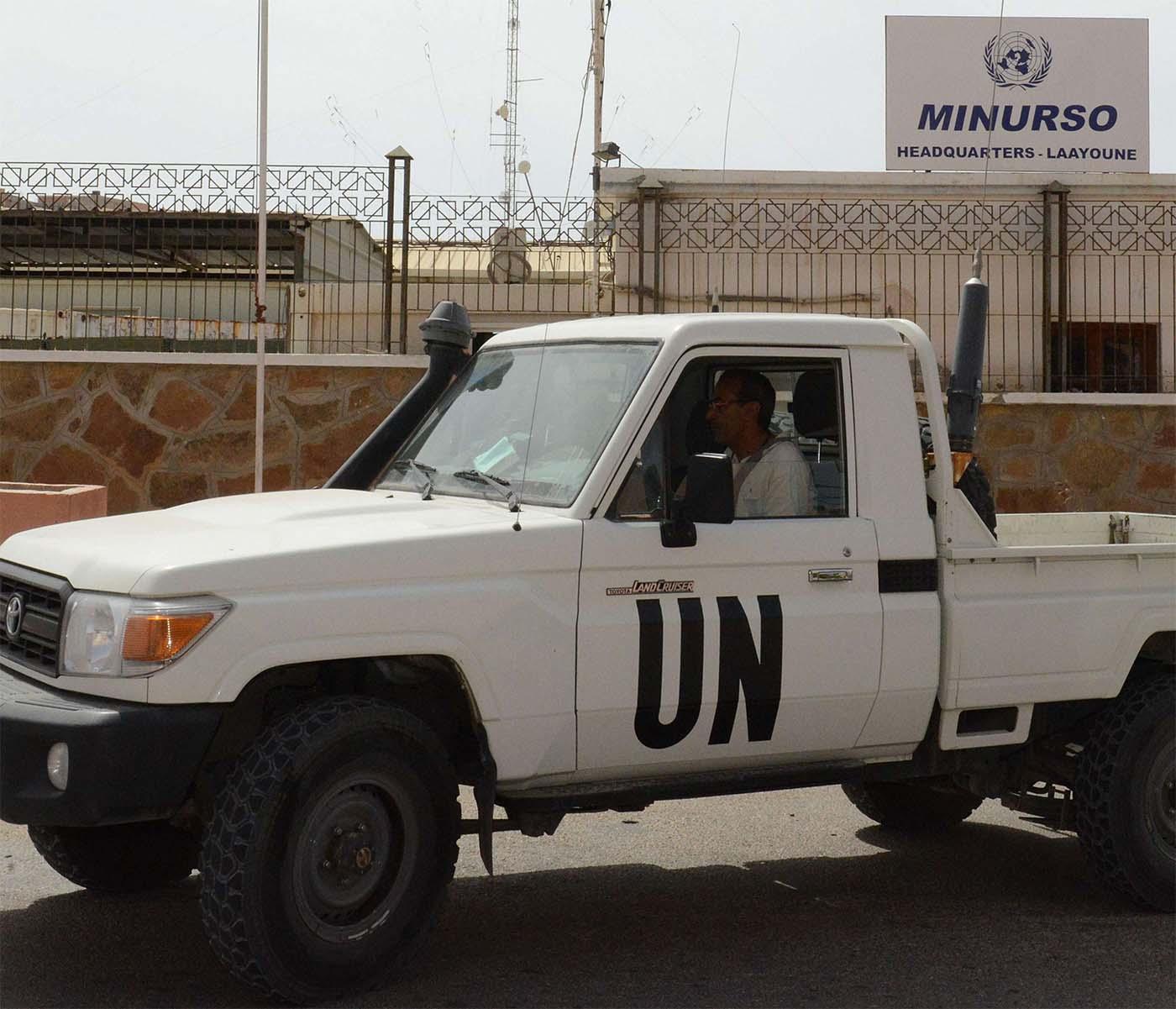Middle East Online
Wall Street Journal reports that officials involved in Western Sahara talks say US will not support plan that leads to new African nations.
Minurso has $52 million a year to keep stability in the conflict zone.
The White House does not see independence as an option to settle the four-decade Western Sahara conflict, according to an article published Sunday by the Wall Street Journal (WSJ).
“Officials involved in the talks said the US has made it clear that Washington won’t support a plan that leads to a new African nation. That tacit agreement might not go over well with the Sahrawi independence activists,” Dion Nissenbaum wrote in an article on the WSJ, dealing a new blow to the Algeria-backed separatist Polisario Front’s hope of an independent Western Sahara.
“It has made clear in private talks that the US backs Morocco in its opposition to the creation of an independent nation, according to Moroccan and Western officials involved in negotiations,” said the article.
“Those assurances helped bring Morocco back to the talks.
“White House efforts to resolve this small African problem come with risks. Failure could stoke discontent in one of the few remaining pockets of stability in North Africa, creating new opportunities for Islamic State or al Qaeda to expand,” it added.
The Polisario fought a war with Morocco from 1975 to 1991, when a ceasefire deal was agreed and MINURSO was deployed to monitor the truce in the former Spanish colony.
The mission was to prepare a referendum on Western Sahara’s independence from Morocco, but it never materialised.
Morocco, which annexed the territory after Spain withdrew in 1975, considers Western Sahara an integral part of the kingdom and has offered autonomy, but not an independence referendum.
“Minurso has $52 million to keep stability, to keep a ceasefire in a region which is very difficult,” said Morocco’s minister of Foreign Affairs and International Cooperation, Nasser Bourita, in an interview with The WSJ.
“No one has died since the ceasefire, which means this is the most cost-effective peacekeeping mission in the world,” Bourita added.
Talks are on hold for now after the UN envoy for Western Sahara, Horst Koehler, resigned last May from his post due to health reasons, nearly two years after he took up the peacemaking mission.








